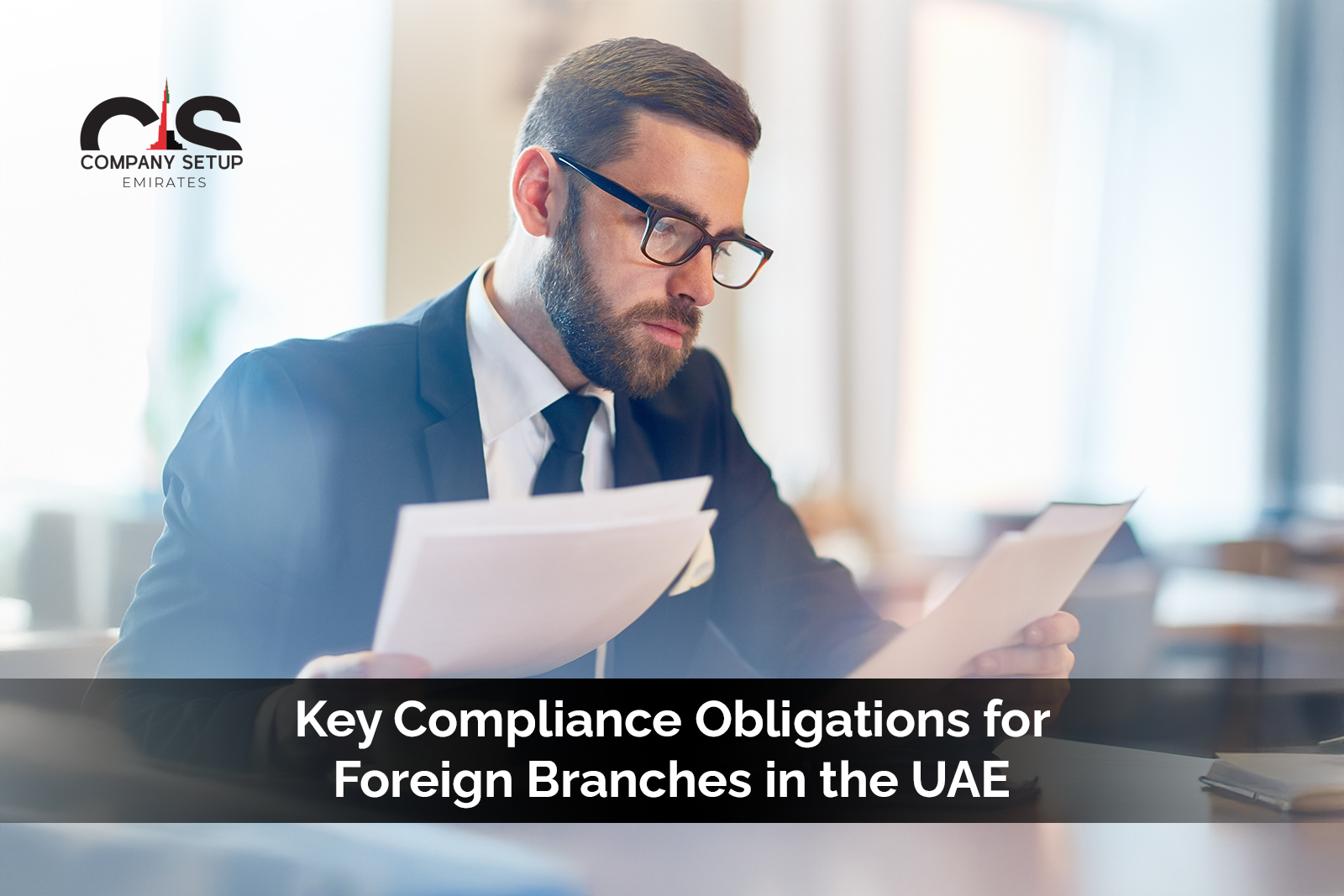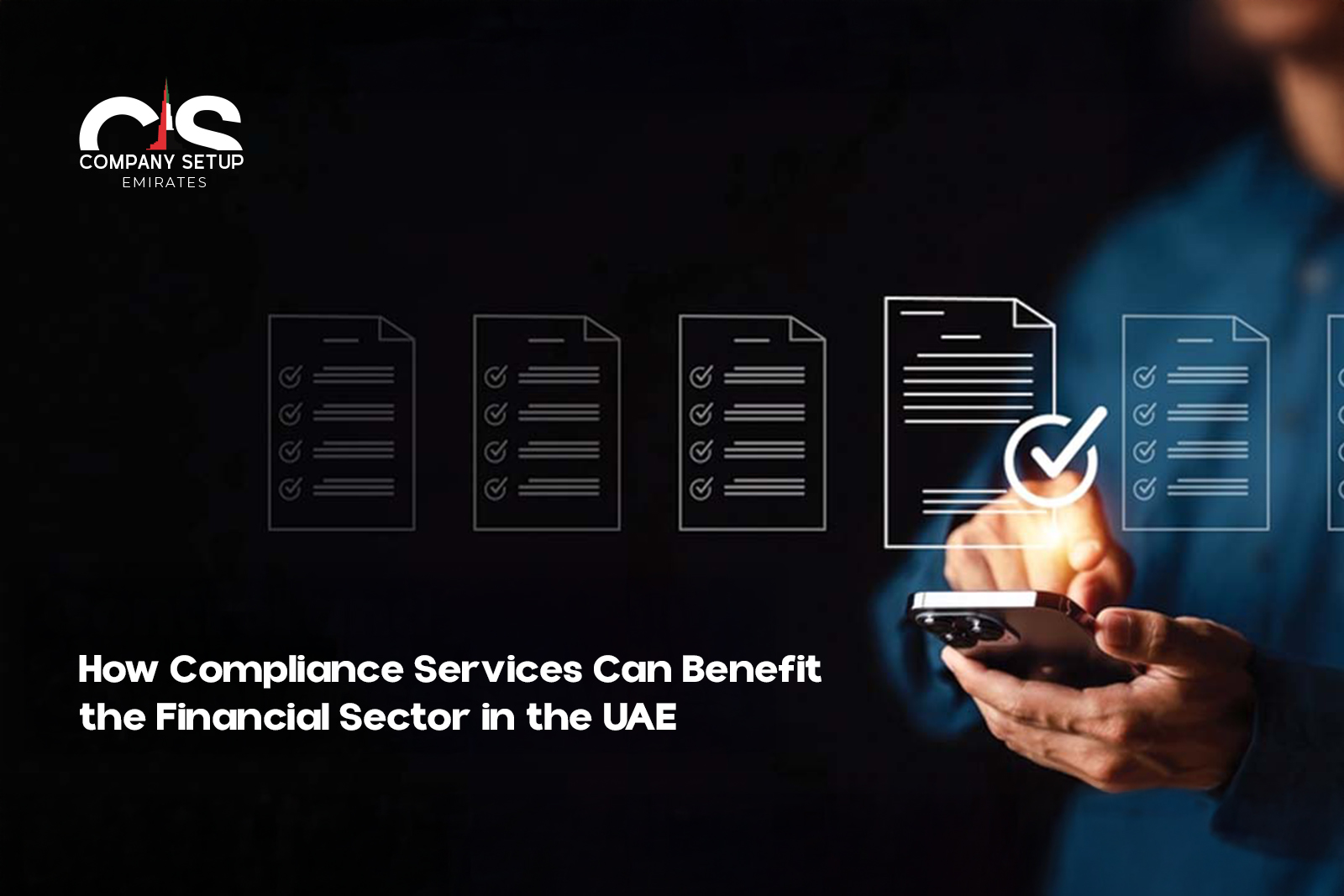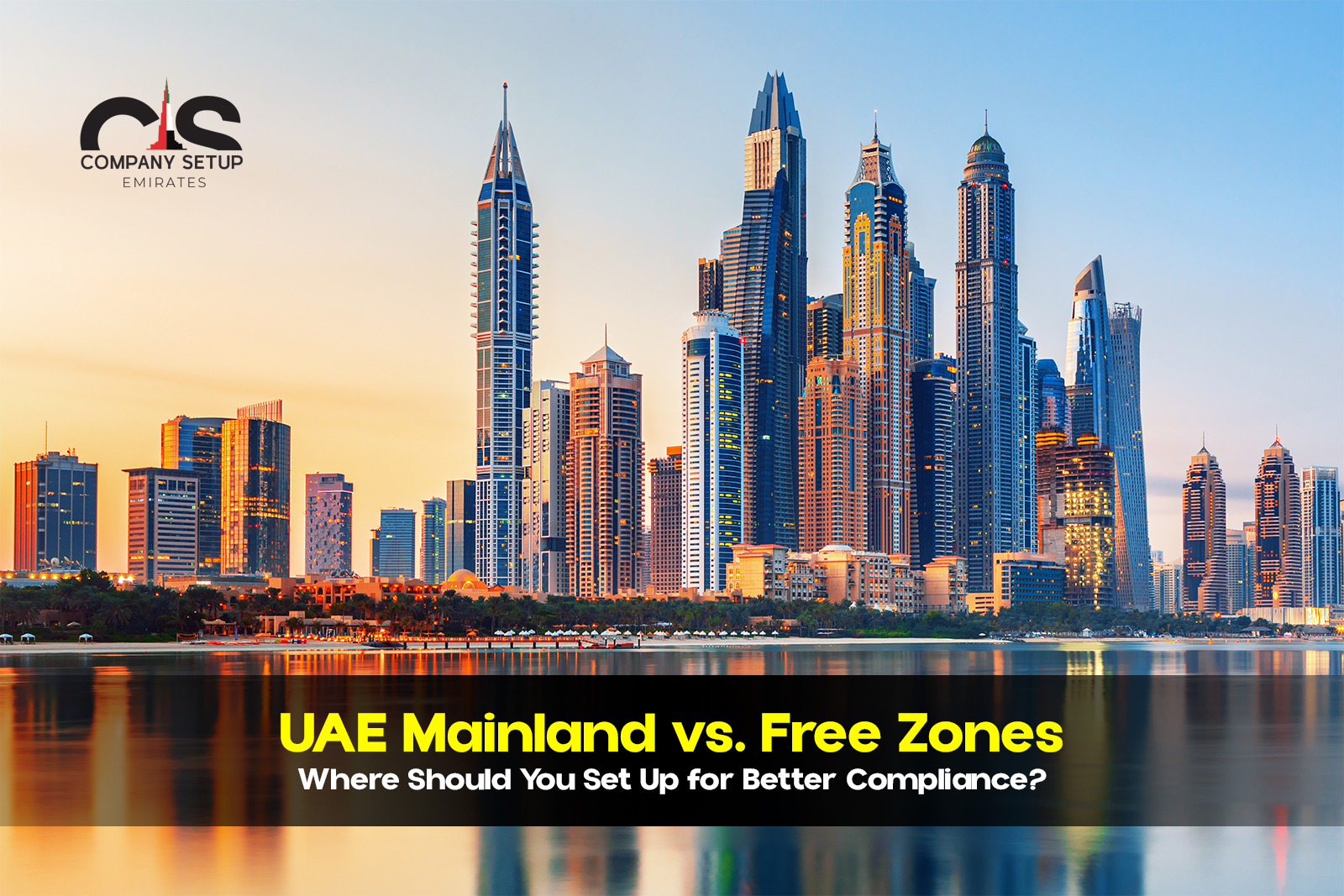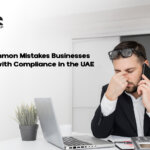Starting a company in the UAE is exciting, but let’s be honest, it’s also filled with decisions that can shape your long-term success. One of the most common questions entrepreneurs ask is: “Should I set up in the UAE mainland or in a free zone?”
The answer isn’t just about business location or ownership rights. It’s about compliance. Whether you’re planning a startup, consultancy, or expanding your existing business, understanding the difference between UAE mainland and free zone companies is crucial. Each option has its own rules, reporting requirements, and benefits.
Let’s break it down in simple terms so you know exactly what fits your business vision in 2025.
What is Business Compliance in Dubai, UAE?
Business compliance in Dubai refers to how a company meets the legal, financial, and operational requirements set by the UAE authorities. This includes:
- Licensing & Registration: Making sure your trade license is valid and activities are approved.
- Accounting & Auditing: Proper bookkeeping, audits, and financial reports (especially for tax).
- Tax Obligations: VAT registration, corporate tax compliance, and customs duties where applicable.
- Employment & Visa Rules: Staying aligned with UAE labour laws and visa regulations.
- Regulatory Approvals: Depending on your industry (finance, healthcare, logistics, etc.).
Think of compliance as the foundation that keeps your company safe, trustworthy, and ready to grow. The real question is: which setup, mainland or free zone, makes compliance easier for you?
What is Mainland Business Setup?
A mainland business setup in Dubai means registering your company with the Department of Economy & Tourism (DET) or other local economic departments.
Here’s what you need to know:
- Compliance Requirements: Mainland companies must follow federal laws, including corporate tax, VAT, ESR (Economic Substance Regulations), and UBO (Ultimate Beneficial Ownership) filings.
- Ownership: Since June 2021, many business activities allow 100% foreign ownership, removing the old local sponsor requirement for most sectors. Certain activities in strategic sectors such as oil & gas, defence, and some transport activities may still require a UAE national.
- Scope of Business: You can trade directly across the UAE without restrictions.
- Auditing & Reporting: Annual financial audits are generally mandatory.
Advantages of UAE Mainland Company Setup:
- Access to the entire UAE market.
- Ability to work with government contracts.
- No restrictions on the number of visas (subject to office size).
- More credibility in regulated industries.
In short, if your goal is long-term growth, stronger credibility, and access to government and large private clients, the mainland may be the right fit.
What is a Free Zone Business Setup?
A free zone company in Dubai or other emirates operates within designated business hubs such as DMCC, IFZA, RAKEZ, or JAFZA.
Here’s the compliance side of it:
- Compliance Requirements: Free zone companies must comply with their respective free zone authority regulations, along with federal laws like VAT and corporate tax (introduced in 2023).
- Ownership: 100% foreign ownership is guaranteed.
- Scope of Business: You can operate within the free zone and internationally, but to do business directly in the mainland, you’ll need a distributor or a mainland branch license.
- Auditing & Reporting: Some free zones mandate annual audits, while others only require bookkeeping.
Benefits of UAE Free Zone Setup:
- Full ownership and profit repatriation.
- Simplified setup process.
- Business hubs designed for specific industries (tech, trade, media, finance).
- Office space flexibility (from virtual desks to large offices).
If your focus is import/export, e-commerce, or global trade, a free zone may provide a more flexible and cost-effective environment with streamlined compliance.
UAE Mainland vs Free Zone: Detailed Compliance Comparison
Here’s a table to give you a clear UAE company setup comparison for compliance in 2025:
| Factor | Mainland Company | Free Zone Company | What This Means For You |
| Ownership | Up to 100% foreign ownership for most activities; some still require Emirati involvement (strategic sectors). | 100% foreign ownership is always allowed. | Free zones guarantee full ownership, but the mainland now offers similar freedom for most activities. Strategic industries may still differ. |
| Licensing Authority | Licensed by the Department of Economy & Tourism (DET) or local emirate authorities. | Licensed by the specific Free Zone Authority (e.g., DMCC, IFZA, JAFZA). | Mainland licenses allow a broader range of activities across the UAE, while free zone licenses may be limited to what’s permitted in that zone. |
| Market Access | Can trade across the UAE and internationally without restrictions. | Restricted to within the free zone or overseas. To sell in the UAE mainland, must appoint a distributor/branch. | If local UAE clients are your priority, mainland wins. A free zone is best for global traders and online businesses. |
| Compliance Oversight | Subject to federal laws (corporate tax, VAT, ESR, UBO, AML if applicable). | Subject to federal laws + free zone authority’s rules. | Both need compliance filings, but free zones may have additional specific reporting rules. |
| Corporate Tax (since 2023) | 9% corporate tax applies (above AED 375,000 profit). | 9% corporate tax applies; some free zones offer qualifying income relief if economic substance is proven. | Free zones may reduce your tax liability if you qualify, but compliance documentation is stricter. |
| VAT | VAT registration is mandatory if turnover exceeds AED 375,000. | The same threshold applies. | VAT compliance is the same for both. |
| Auditing & Financial Reporting | Annual audit reports are mandatory, filed with DET or the relevant authority. | Depends on free zone: some (e.g., DMCC, JAFZA) require audits, others only bookkeeping. | Mainland = compulsory audits. Free zones vary, but stricter ones may be better for credibility. |
| Economic Substance Regulations (ESR) | Must comply if business involves relevant activities (finance, HQ, holding, etc.). | Same ESR obligations apply. | No escape: ESR applies equally across both setups. |
| Ultimate Beneficial Ownership (UBO) Filing | Mandatory for all mainland companies. | Mandatory for free zones as well. | Transparency is required everywhere, regardless of organisational structure. |
| Visa Allocation | Flexible; more visas possible depending on office size. | Limited by free zone authority policies and office space. | Mainland allows faster expansion for larger teams. Free zone visas are enough for small businesses/startups. |
| Office Space | Physical office mandatory (options from flexi-desk to full office). | Flexi-desk or shared workspace is often allowed. | Free zones are more flexible for startups; the mainland is stricter but offers better scalability. |
| Government Contracts | Eligible to bid for UAE government projects. | Not eligible directly. | If government work is in your plan, it only applies to the mainland work. |
| Reputation & Credibility | Viewed as stronger for regulated industries (finance, healthcare, consulting). | Seen as startup-friendly, credibility depends on the free zone chosen. | Mainland wins for reputation; free zone for ease. |
| Setup Speed | It can take longer due to multiple approvals. | Often faster (1–2 weeks depending on zone). | If speed is a factor, the free zone is smoother. |
| Cost & Renewals | Generally higher due to regulatory compliance and office requirements. | Often lower upfront, but renewals vary. | Free zones may look cheaper initially, but long-term compliance costs can balance out. |
This difference between UAE mainland and free zone companies shows that compliance isn’t lighter or heavier; it’s just different, depending on where and how you plan to do business.
So, Which is Better? Mainland or Free Zone in the UAE?
The answer depends on your business goals:
- If you want to serve the local UAE market, bid for government projects, and hire larger teams, then the mainland setup is your best option.
- If you want global reach, lower entry barriers, and industry-specific hubs, a free zone setup might be the smarter choice.
When it comes to UAE business compliance (mainland vs free zone), both setups require proper accounting, tax registration, and legal filings. The real difference is in the scope of operations, reporting depth, and flexibility.
Final Thoughts
Deciding between UAE Mainland vs Free Zone compliance in 2025 doesn’t have to be overwhelming. Both options are strong, but choosing the right one depends on your compliance capacity, market goals, and long-term plans.
Still unsure which license fits your vision: free zone vs mainland license in the UAE? Don’t risk mistakes that could cost you later.
At Company Setup Emirates, we help entrepreneurs like you understand the fine print, stay compliant, and build a business that lasts. From license applications to compliance management, we handle it all so you can focus on growth.
Ready to start your UAE business journey?
Visit companysetupemirates.com today and get expert guidance tailored to your business.









